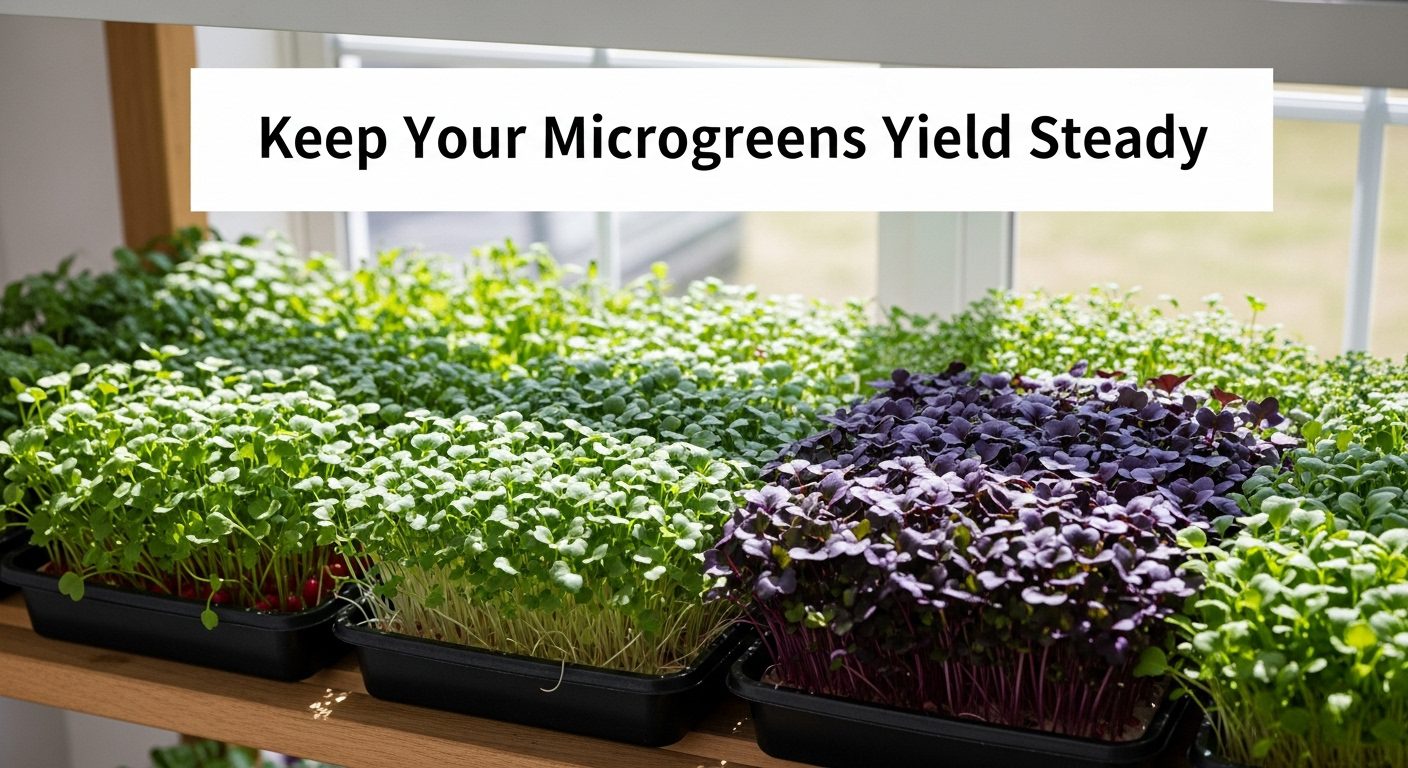

You’re at a family gathering, sharing your latest adventure, when suddenly, a judgmental comment from a relative dampens the mood. We’ve all been there, right? Deal with Judgmental Friends and Family can feel like navigating a tricky maze. It’s not just about the sting of those words, but the lingering impact on your relationships.
In this guide, we’ll delve into understanding judgmental behavior, recognizing its effects, and, most importantly, uncovering effective strategies to handle it. Ready to transform those interactions into positive experiences? Let’s dive in!
Judgmental behavior involves forming opinions or conclusions about others, often with little information. This behavior appears in interactions through critical comments, dismissive attitudes, or subtle non-verbal cues like eye-rolling. It sets up communication barriers, creating defensiveness or resentment.

By highlighting perceived flaws rather than seeking to understand individual circumstances, judgmental behavior reduces empathy and can block meaningful connections between people. Recognizing this tendency paves the way for more supportive and open interactions.
Highlighting empathy, rather than focusing on faults, encourages a compassionate approach to relationships.
Also Read: Create Your Own DIY Sustainable Christmas Wreath for Greener
Judgment can significantly impact personal relationships and communication in various ways:
Dealing with family and friends can be both rewarding and challenging. Relationships are integral to our lives, providing support and joy, but they can also lead to misunderstandings and conflicts.
To navigate these dynamics effectively, it’s essential to adopt strategies that promote understanding and harmony. Here are some practical tips to enhance your interactions with loved ones, ensuring that your connections remain strong and positive.
Also Read: Greenhouse Gardening: Your Ultimate Guide to Aquaponics
In dealing with judgmental friends and family, it’s crucial to arm yourself with understanding, communication, and empathy. By setting boundaries and focusing on self-care, you can navigate these relationships more effectively.
Remember, not every battle needs to be fought. Instead, choose wisely and seek supportive communities that uplift you. It’s important to note that professional support can provide invaluable guidance. In summary, by utilizing these strategies, you can foster healthier relationships and cultivate a more positive environment for yourself.
If you found this helpful, explore more insightful articles on our blog to empower your journey toward better relationships!
